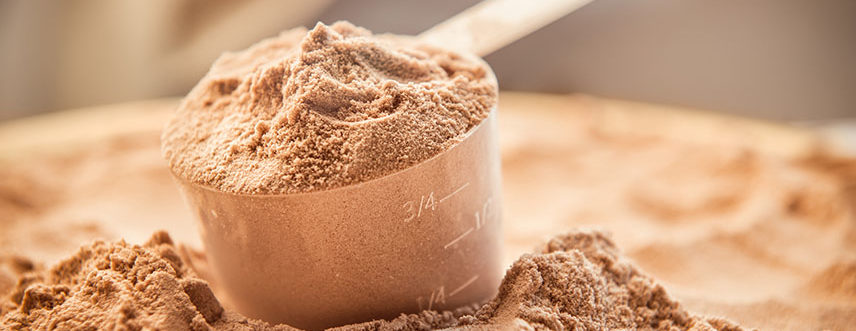
If high blood pressure runs in your family, you’re not alone. According to the Centers for Disease Control (CDC), nearly half of adults in the United States (108 million, or 45%) have high blood pressure, also known as hypertension. Hypertension rarely presents with symptoms and is caused by factors like obesity, inactivity, smoking and high salt diets. It’s often referred to as the “silent killer” and should be taken seriously, because it’s a huge risk factor for stroke, diabetes and heart disease.
Research suggests that adding whey protein to your diet can actually help lower cholesterol and help prevent diabetes and heart disease. Whey protein is the protein fraction of whey, which is a liquid that separates from milk during cheese production. It is a complete, high-quality protein, containing all of the essential amino acids. In addition, it is very digestible, absorbed from the gut quickly compared to other types of protein. These qualities make it one of the best dietary sources of protein available.
A study published in the International Dairy Journal found that beverages supplemented with whey protein significantly reduced blood pressure in patients with hypertension, lowering their risk of developing diabetes, heart disease and stroke.
When subjects with elevated blood pressure drank a daily beverage enriched with whey protein, their diastolic and systolic blood pressure came down by as much as 6 points. The reduction began after just a week, and continued for the duration of the 6-week study. Although a 6-point reduction may not sound very significant, scientists say that even this modest reduction can cut the risk of heart disease and fatal stroke by an impressive 35 to 40 percent.
Researchers suggest that protein works in the same way as blood-pressure lowering drugs, known as ACE inhibitors, by inhibiting the angiotensin-converting enzyme (ACE). The benefit is that whey protein doesn’t have the side effects common with ACE inhibitor drugs. Other proteins in whey reduce the stickiness of blood platelets and the risk of thrombosis, which can trigger both heart attack and stroke. They found that the consumption of whey protein also helps reduce high levels of LDL (bad) cholesterol, increase HDL (good) cholesterol and reduce triglycerides.

Leave a Reply